On April 20 and 21, Impactathon, a hackathon with the theme of tackling social justice issues, was held at North Seattle College. Impactful Investing Club planned the event to bring up lower socioeconomic status issues, and problems of systematic disparities, as well as to share solutions to the problems with participants by using computer science and data analysis knowledge.
On the first day of Impactathon, the event started with the opening ceremony and a welcome speech from the club president, Rayne, followed by Dwight Jones’s keynote speech on the advancement of technology and AI technology. After the speeches, participants began developing projects and analyzing data. During lunch, a Q&A was held with Charles Mendelson (application engineer), Gyanedra Subba (project manager), and D’andre Fisher (special assistant to vice president). On the second day, the event had a resume Workshop, project presentations, and an award ceremony. A total of 24 people registered for the hackathon and four teams presented their brilliant and hard-worked projects.
There were five challenges (two developing application challenges and three analyzing data challenges) to work on for the hackathon. Each team could choose any one of the challenges that the participants were interested in. For development challenges, the team could either choose to create an app to increase the visibility of community engagement opportunities, or a student safety alert system. Data science challenges consisted of creating a predictive crime model, healthcare analytics dashboard, and predictive model for education outcomes.
Final Team Presentations
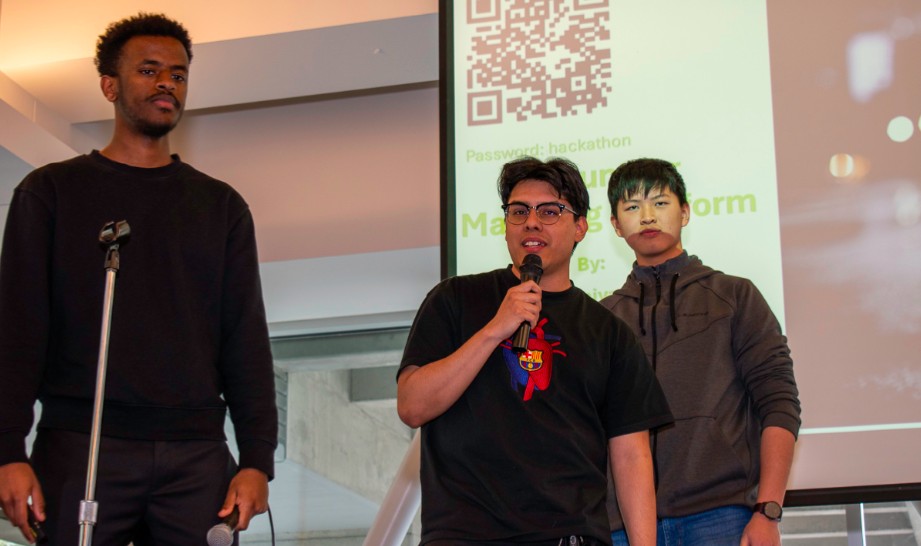
Team Changer selected a development challenge to create a platform for community engagement opportunities. The team presented a volunteer-matching platform. The platform is in website format rather than a mobile application, and provides easy connections with other organizations for setting a schedule for students planning volunteer activities. In the presentation, the team shared that their idea was inspired by social network platforms. They wanted people to use their valuable time for valuable information, instead of doom-scrolling. The volunteer-matching platform can share volunteer history and experience with other users. Moreover, there is a recommendation feature that suggests volunteer activities to users. During the presentation they shared code that they developed for the platform. As a next step, the team plans to connect the Canvas calendar with the platform calendar. This new combined calendar feature will make it convenient for students to arrange their schedules.

Team AI-Md chose to analyze healthcare data for forwarding health equity. The team started off by sharing the importance of health equity before presenting an analysis of the data. They used Excel to convert data types from text to numbers, gather relevant information, and visualize an analyzed data set with Tableau Public. They also used the Chat GPT AI program to focus on the data. When analyzing a data set, they focused on discovering relationships between each other in various ways. In the first two graphs they compared the relationship between billing amount and discharge date. To get the correct answer, they focused on controlling spurious factors. However, there isn’t a specific relationship between these two. On the next graph, they showed graphs of relationships of admission type, gender, and medical condition,and showed the number of patients and amount of charge. They discovered the billing amount had a big deviation depending on gender. Regarding final graphs, they showed the duration of staying in a hospital is different by which hospital patients are staying.
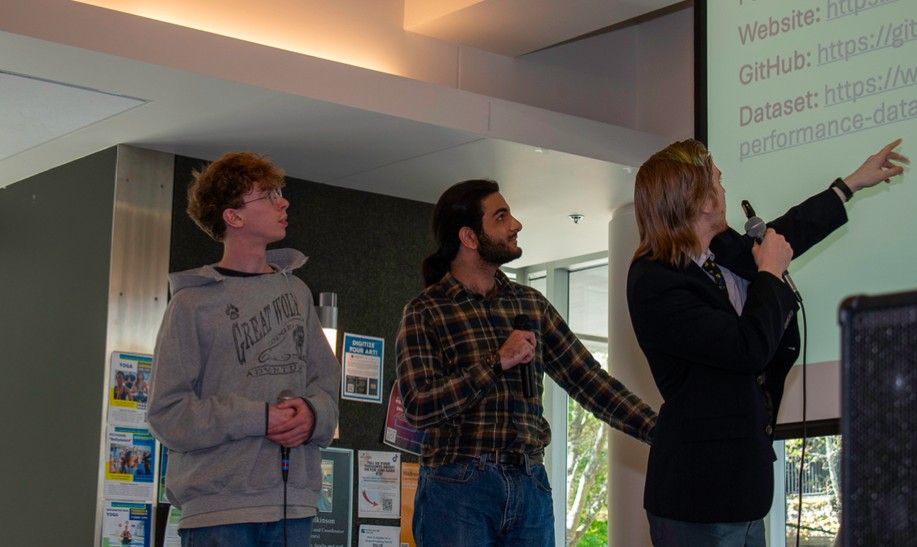
Team Bubble Data chose to analyze factors that affect educational outcomes, and made an educational outcome solution platform. The platform’s purpose is to maximize educational success by analyzing and identifying key factors for educational success. Bubble charts were used for visualizing factors that affect educational outcomes. The team presented a simple and clear chart by using red for negative factors and blue for positive factors. The size of each bubble indicated the impact of each factor. Lastly, the platform has a “share” button for exporting analyzed data. In the presentation, the team showed the recorded demo of the platform and explained the features and user interface (UI) they made. The next milestone for the project is to develop a color-blind friendly mode for the bubble charts and support non-numeric input data for the solution.
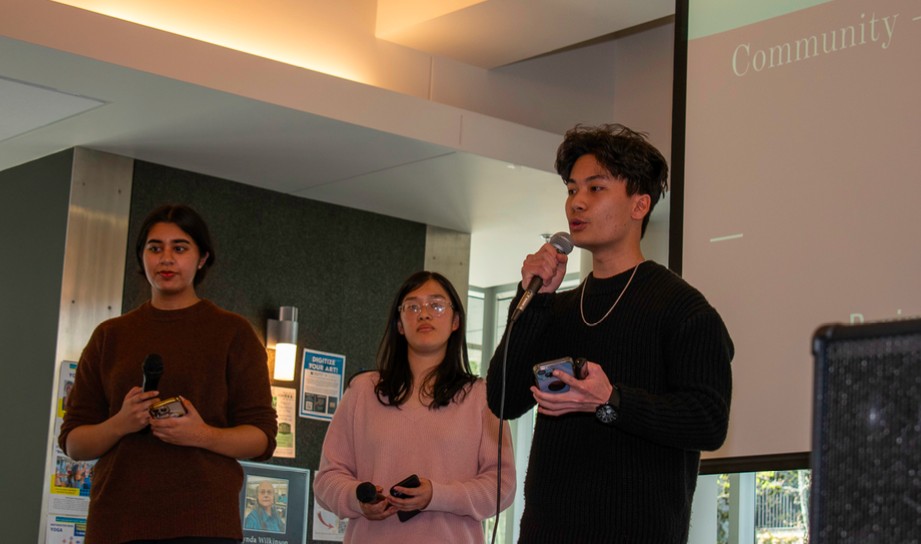
Team Mango Tart introduced a newly developed social network platform, Community-Opportunity-Resourcefulness-Engagement (C.O.R.E), for the development challenge. C.O.R.E offers various features to increase community engagement. They contrived feedback on the events system, opening the platform for parents, using AI for recommending and answering to user’s questions, rewards system, etc. With a feedback system, participants of an event could provide feedback and their experience. Event hosts and schools can utilize this feedback to increase the quality of events or to investigate students’ preferences. Along with the feedback feature, the platform offers engagement opportunities for the parents of high school students. The team wanted to increase opportunity visibility as volunteers are often needed for many occasions. Another feature that C.O.R.E. offers is a rewards system. The team expected that community engagement would be more likely to increase if there were some sort of reward for events’ participants. In the presentation, the team shared multiple user-centered designs of the platform including three types of mobile application designs and a web design.
All teams presented their innovative projects. Team Changer, which made a volunteer matching platform, received the “Most Impactful” prize. Team Bubble Data developed an educational outcome solution platform that won the “Best Use of Tech” prize. Mango Tart Team, with their C.O.R.E. platform, won the “Most Innovative” prize. Finally, Team AI=MD analyzed healthcare data and received the “Best Data” prize.
Interview with Impactful Investing Club’s Treasurer about Impactathon
Riko Niyomwungere, the treasurer of Impactful Investing Club, is a North Seattle College student majoring in Computer Science. He has a strong passion for social justice and computer science and spends a lot of time reaching out to faculty and Student Leadership for funding opportunities as well as keeping track of the club’s finances.

Q: How do you start planning the event?
Niyomwungere: “I wanted to hold a hackathon three months ago. I had a hard time finding a team that I wanted to work with to make it come to my life. One day, I met the Computer Science Club President. Me and the club’s president had a month and a half to work on everything, like who we wanted the speakers to be, what sort of workshops we wanted in the event, and etc.”
Q: Why did you choose these topics?
Niyomwungere: “The first topic, which is a community engagement platform, was what the hackathon was going to be on, and it was going to be one of the problems. Also, I’m not sure about the other colleges, but at least on the North Seattle campus it is really hard for students to get information from the different programs in terms of resources.”
“Regarding the next problem, which was the student safety alert system, one of my friends has had safety issues on campus and this application was sort of for them to try and see what kind of solutions we as students could come up with that would help other students.”
“And then the fourth problem we did was a healthcare analytics one. The goal for this one was to give people an easier data set to work with. We wanted a hackathon that served people who were already here for computer science, who were serious and ready to move on to the next stage. But in case there were any people who weren’t quite yet ready, or felt like they needed something a little easier to start with, that was the data model for them.”
Lastly, the educational outcome prediction problem. “This one is on here because of Equity, Diversity, Inclusion and Community, and it deals with the whole ‘trying to figure out what kind of economic disparities there are’ and knowing how they affect education, which is a very important problem to have because, at the end of the day, we are all students.”
Q: Does the Investing club have another event in the future?
Niyomwungere: “We don’t exactly know what the event is, but the basic idea is that is at the end of the year, we want to give people at this campus an opportunity to come relax, pet dogs if we are able to get them somehow, or cats, listen to some great music, and have food too.
Impactathon offered participants time to think about ways to overcome lower socioeconomic status issues. Moreover, participants could discuss and implement projects defeating the issues with other participants.

Maya was born and raised in South Korea and is an international student at North Seattle College, majoring in pre-nursing. She loves drawing, Mariners, and delicious food, and enjoys sharing useful information with others — from restaurant reviews to helpful tips for Seattle College students. As a staff writer, she deeply understands the power and importance of sentences, so she hopes that every student can make the most of their campus life and receive positive energy by reading the Seattle Collegian’s articles.

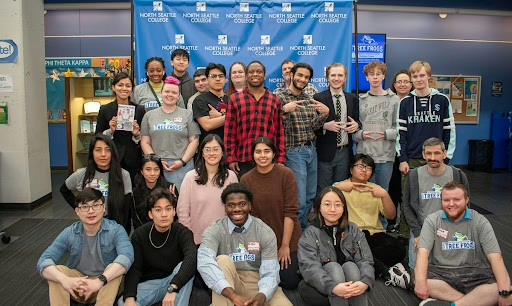

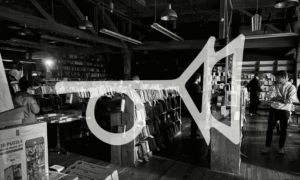
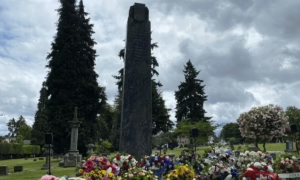
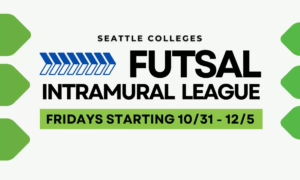
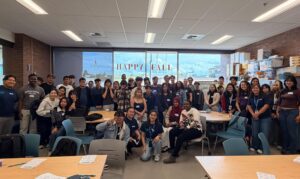
Be First to Comment